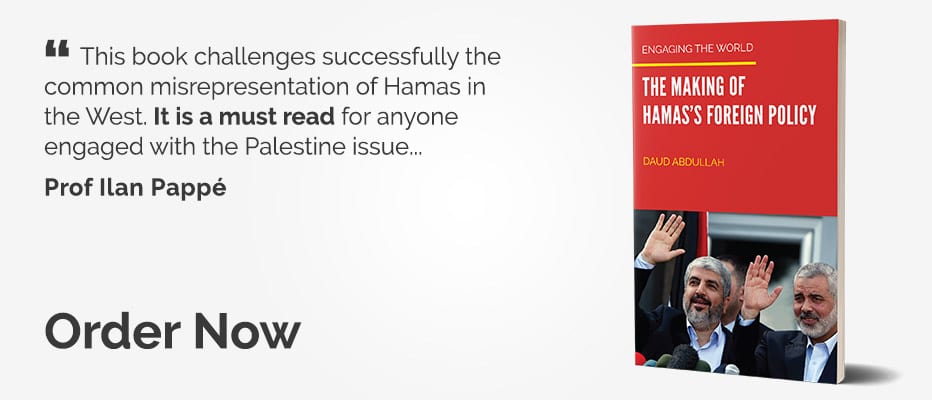On 25 July, 2023, the United Nations General Assembly (UNGA) adopted a resolution titled "Promoting interreligious and intercultural dialogue and tolerance in countering hate speech" which lists and condemns a number of religion-related acts of violence and hatred. In particular, the text "Strongly deplor[es] all acts of violence against persons on the basis of their religion or belief, as well as any such acts directed against their religious symbols, holy books, homes, businesses, properties, schools, cultural centres or places of worship, as well as all attacks on and in religious places, sites and shrines in violation of international law."
This follows a similar text adopted earlier in July by the United Nations Human Rights Council (UNHRC) that "call[ed] upon States to examine their national laws, policies and law enforcement frameworks with a view to identifying gaps that may impede the prevention and prosecution of acts and advocacy of religious hatred."
READ: UN General Assembly adopts resolution denouncing attacks on holy books
The mention of holy books in both texts refers to the recent burning of the Quran in some European states which triggered protests in Muslim countries. Although the UNGA resolution was adopted by consensus (without a vote), the one at the UNHRC was adopted with all European states voting against the text. At the core of the dissension is the interpretation of some acts of violence. While Muslim states of the Organisation of Islamic Cooperation (OIC) contend that acts such as the burning of the Quran should be criminalised, European states invoke the right to freedom of opinion and expression. They clearly condemn those acts of violence and hatred, which nonetheless are not criminalised in Europe. In fact, most Western countries do not have blasphemy laws. The European reading is, therefore, that while the burning of a holy book is to be deplored and indeed constitutes an act of hatred, it is not a violation of any international legal instrument or of international human rights law.
This being said, the two texts are quite strong on the necessity for states to address the situations created by the above-mentioned acts of violence. What does this imply in practice?
The scope of UNGA resolutions
The UNGA is composed of 193 states. It is the most comprehensive diplomatic and political body of the United Nations (UN); its role is to provide a forum for multilateral diplomacy and, while doing so, it adopts texts – called resolutions – that define principles and standards of states' international behaviour. The UNGA is, as such, the most representative UN body; yet it is not the most powerful. At the UN, power lies within the United Nations Security Council (UNSC), that is composed of 15 members, 5 of which (United States, China, France, United Kingdom and Russia) being permanent (or non-elected), and 10 being non-permanent (or elected). The main prerogative of the UNSC is the maintenance of international peace and security. It also adopts resolutions, but the main difference between resolutions of the Security Council and those of the General Assembly (and, as a matter of fact, also those of the Human Rights Council) is that while those of the Security Council are legally binding, those of the Generally Assembly are not.
In practice, this means that the texts of the UNGA (or of the UNHRC) cannot be considered authoritative sources of international law. They carry a political weight – which, in many cases, is not to be overlooked – but do not constitute a legal basis for any action against states that would not abide by them.
Will the UNGA and HRC resolutions change anything?
In the case of the latest UNGA resolution pertaining to acts of violence or acts directed against religious symbols, including holy books, the expected effect of the text will likely be limited. As said earlier, this is more about principles than about legal standards or consequences. Given the sensitivity of the issue, opposing states referring to the need to fight Islamophobia to others that invoke fundamental freedoms of democratic systems, the UNGA resolution is unlikely to lead to any kind of practical action by the UN or its subsidiary organs.
READ: Turkiye welcomes UN General Assembly's resolution deploring desecration of Holy Books
This, of course, creates frustrations for the ones for whom the resolution ought to lead to more practical consequences. If burning a holy book is to be equated to a violation of international law as the UN text suggests (an association that a rejected European amendment tried to delete in the resolution), should it not lead to some kind of sanction, the argument goes? The UN text does not have this power, as states' internal rules are not derived from UNGA resolutions. This hierarchy of norms is, by the way, accepted by all UN member states, whatever their place in the organisation or the nature of their political system. And there are many cases where UNGA resolutions (on minority rights, for example) lead to no implementation outside of Europe.
Yet, this does not mean that UNGA texts play no role. They do have an important political and diplomatic function, as expressions of consensus among the community of states. As a matter of fact, they convey the principles and standards of international behaviour, and the fact that they are so meticulously negotiated attests to their political importance. The recently adopted texts are part of a long-term UN-sponsored interreligious and intercultural dialogue that is arguably indispensable. As expressions of multilateral diplomacy, the adopted resolutions aim to reinforce such dialogue; they aim to allow for a consensus to emerge, in a world where this is more necessary than ever.
The views expressed in this article belong to the author and do not necessarily reflect the editorial policy of Middle East Monitor.

![A general view of hall during The United Nations General Assembly voting on a draft resolution recognizing that Russia should be responsible for reparation in Ukraine for the injury in New York, United States [Lokman Vural Elibol/Anadolu Agency]](jpg/aa-20221114-29439615-29439614-un_general_assembly_votes_on_resolution_for_russian_reparations_in_ukraine-scaledc032.jpg)


